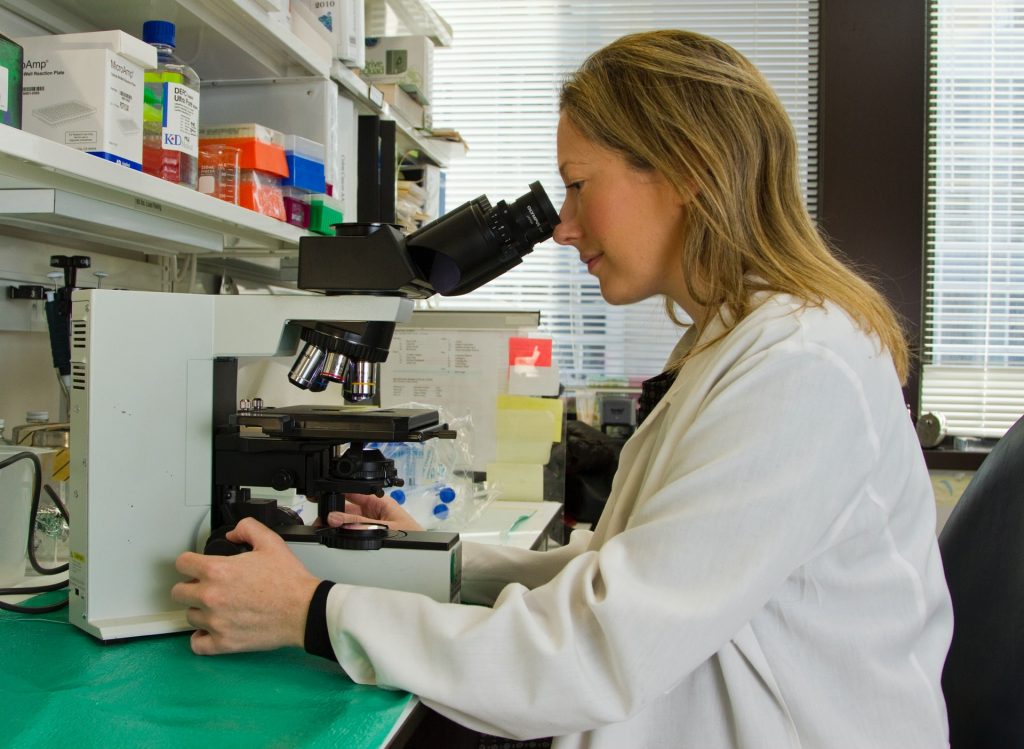Study Implicates High Leptin Levels in Androgen Deficiencies

Researchers have uncovered new clues about the cellular processes that can lead to androgen deficiencies, in which high leptin levels appear to play a role. The findings are published in the journal Cell Death & Disease.
Symptoms of testosterone deficiency include low sex drive, erectile dysfunction, depression, and fatigue. TD afflicts approximately 30% of men aged 40-79 years, with an increase in prevalence strongly associated with ageing and common medical conditions including obesity, diabetes, and hypertension.
“Although testosterone deficiency may be present in one in five men 40 years or older, the driving factors remain largely unknown,” said Himanshu Arora, PhD, assistant professor of urology.
Dr Arora’s lab examined the effect of different concentrations of leptin on the microenvironment of the testes. The research builds on prior studies of how Sertoli and peritubular myoid cells (PMC) in the testicular microenvironment help drive Leydig stem cell differentiation via the cellular desert hedgehog signalling pathway, which transmits information to embryonic cells that guides proper cell differentiation.
The researchers extracted cellular samples from men undergoing testes biopsies for sperm retrieval. When the testes microenvironment secreted leptin in low doses, they found that Leydig stem cells differentiated into adult Leydig cells producing normal levels of testosterone. Higher doses of leptin were observed to depress testosterone levels.
“Our findings identify leptin as a key factor within the testes microenvironment,” said Dr Arora, adding that the insight “holds important implications for androgen deficiency and could have further application in prostate cancer research.”
Noting that leptin is already used in treating patients for obesity, “Preclinical studies could indicate whether adjusting levels of this hormone would be helpful in patients with testosterone deficiency,” said Ranjith Ramasamy, MD, study co-author and associate professor and director of the Miller School’s Reproductive Urology Program.
Source: University of Miami Health System, Miller School of Medicine


